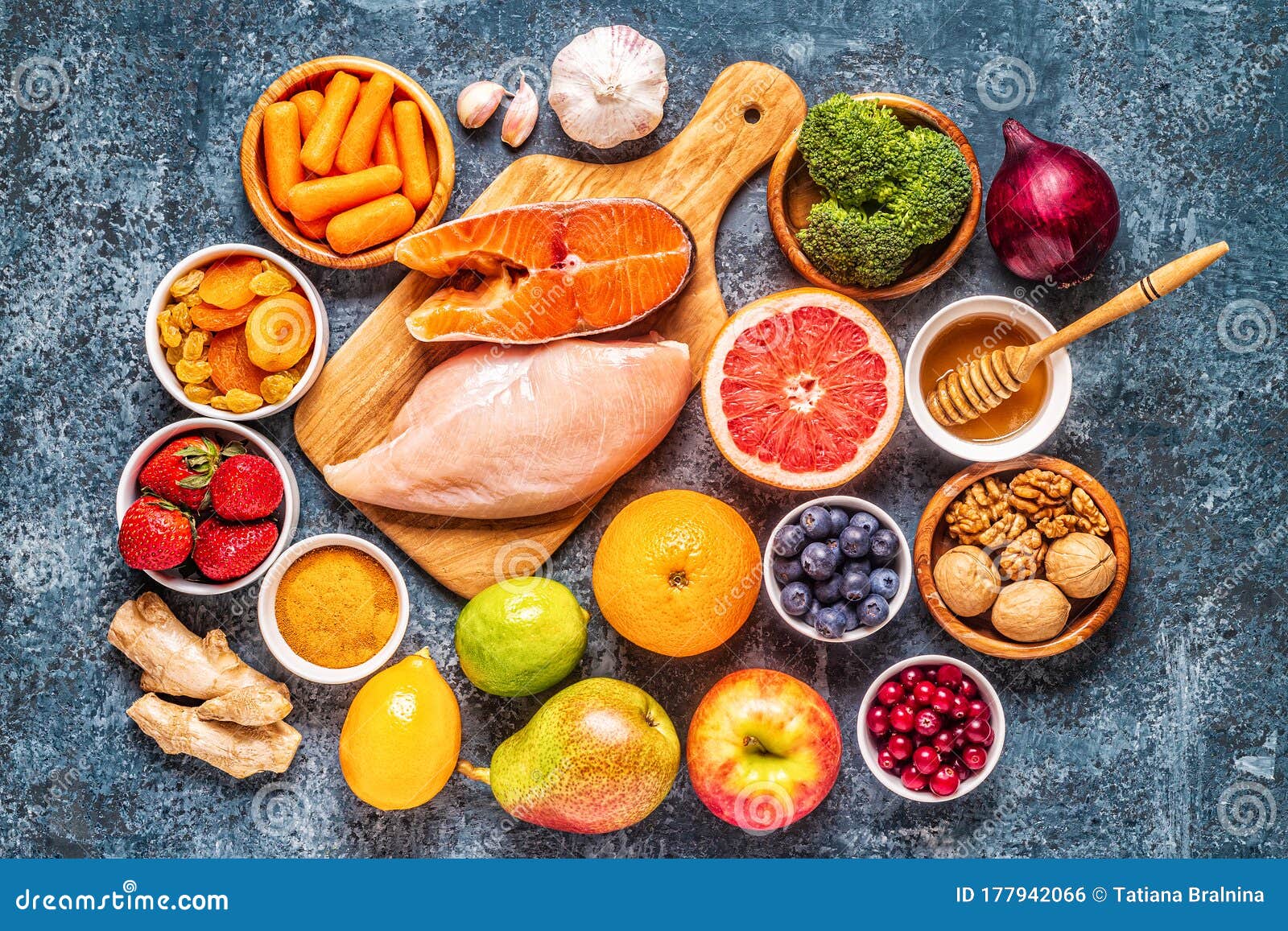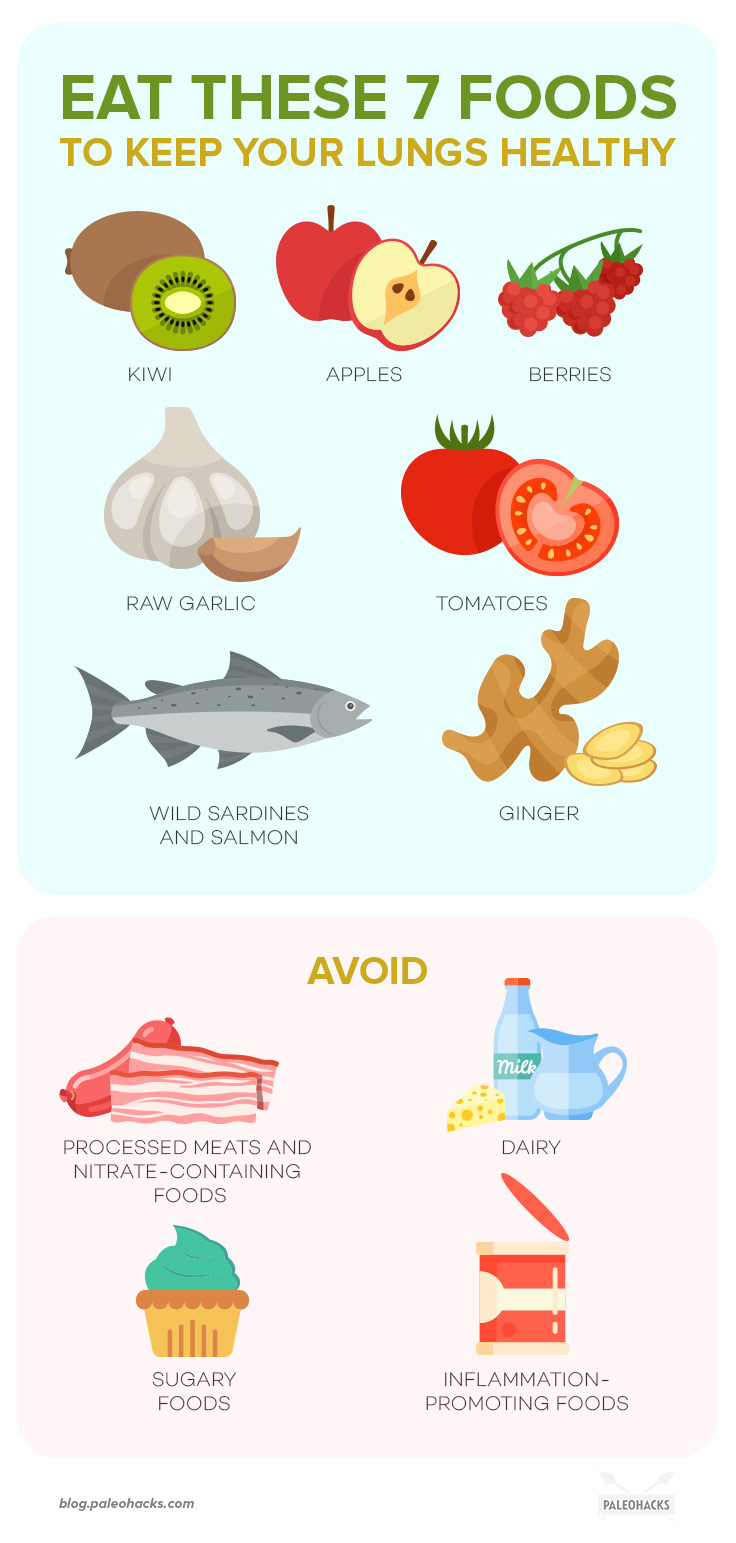Food To Keep Lungs Healthy
Sunday, June 30, 2024
Edit

Food To Keep Lungs Healthy
Understanding Lungs Health
The lungs are two spongy organs located on either side of the chest. They are responsible for taking in oxygen from the atmosphere and releasing carbon dioxide. The lungs also play a role in fighting infections and helping to regulate the body's temperature. Keeping the lungs healthy is an important part of overall health and well-being. Poor lifestyle choices, such as smoking, can lead to lung disease. Eating the right foods can help to keep the lungs healthy and functioning properly.
Vitamins and Minerals for Lung Health
Vitamins and minerals are essential for maintaining lung health. Vitamin A helps to keep the mucous membranes in the lungs healthy and protects them from infections. Vitamin C helps to boost the immune system and can help to fight off infections. Vitamin E is an antioxidant that protects the lungs from free radical damage.
Calcium is important for maintaining strong bones, including the ribs that protect the lungs. Magnesium is necessary for healthy lung function, as well as for healthy nervous and immune systems. Zinc helps to protect the lungs from damage caused by environmental pollutants.
Fruits and Vegetables for Lung Health
Fruits and vegetables are packed with vitamins, minerals, antioxidants, and other beneficial compounds that can help to keep the lungs healthy. Dark, leafy greens, such as kale, spinach, and collards, are rich in vitamins A and C, as well as antioxidants that can help protect the lungs from damage. Citrus fruits, such as oranges, lemons, and grapefruits, are also rich in vitamins A and C, as well as fiber.
Apples are a great source of pectin, which helps to reduce inflammation. Apples also contain quercetin, an antioxidant that helps to reduce allergies and asthma. Other fruits, such as blueberries, cherries, and blackberries, are packed with vitamins, minerals, and antioxidants that can help to protect the lungs.
Cruciferous Vegetables for Lung Health
Cruciferous vegetables, such as broccoli, cauliflower, and Brussels sprouts, are packed with vitamins, minerals, and antioxidants. They are also high in fiber, which can help to reduce inflammation and improve lung function. Cruciferous vegetables contain compounds that can help to protect the lungs from damage caused by environmental pollutants.
Herbs and Spices for Lung Health
Herbs and spices are packed with antioxidants and other beneficial compounds that can help to keep the lungs healthy. Garlic and onions are high in quercetin, an antioxidant that helps to reduce allergies and asthma. Ginger and turmeric contain compounds that can help to reduce inflammation and improve lung function.
Cayenne pepper contains capsaicin, which helps to reduce inflammation and can help to improve lung function. Cinnamon is packed with antioxidants that can help to protect the lungs from free radical damage. Oregano is a natural antibiotic that can help to fight infections.
Conclusion
Eating the right foods can help to keep the lungs healthy and functioning properly. Fruits and vegetables are packed with vitamins, minerals, antioxidants, and other beneficial compounds that can help to protect the lungs. Cruciferous vegetables, herbs, and spices are also packed with beneficial compounds that can help to keep the lungs healthy. Incorporating these foods into your diet can help to keep your lungs healthy and functioning properly.
Foods for Healthy Lungs

Pin on Health Hub

5 Foods That Boost Lung Function in 2020 | Natural remedies, Healthy

20 Foods to Eat For Healthier and Stronger Lungs - Nutrition Tips

Pin on DIY health

Top 7 Foods for Healthy Lungs - Lungs Cleaning Foods - Best Foods for

Foods For Keeping Lungs Healthy Stock Image - Image of breast

Foods for Keeping Lungs Healthy Stock Photo - Image of breast, lung

Foods for Keeping Lungs Healthy Stock Image - Image of health, garlic

Eat These 7 Foods to Keep Your Lungs Healthy | Paleohacks Blog
